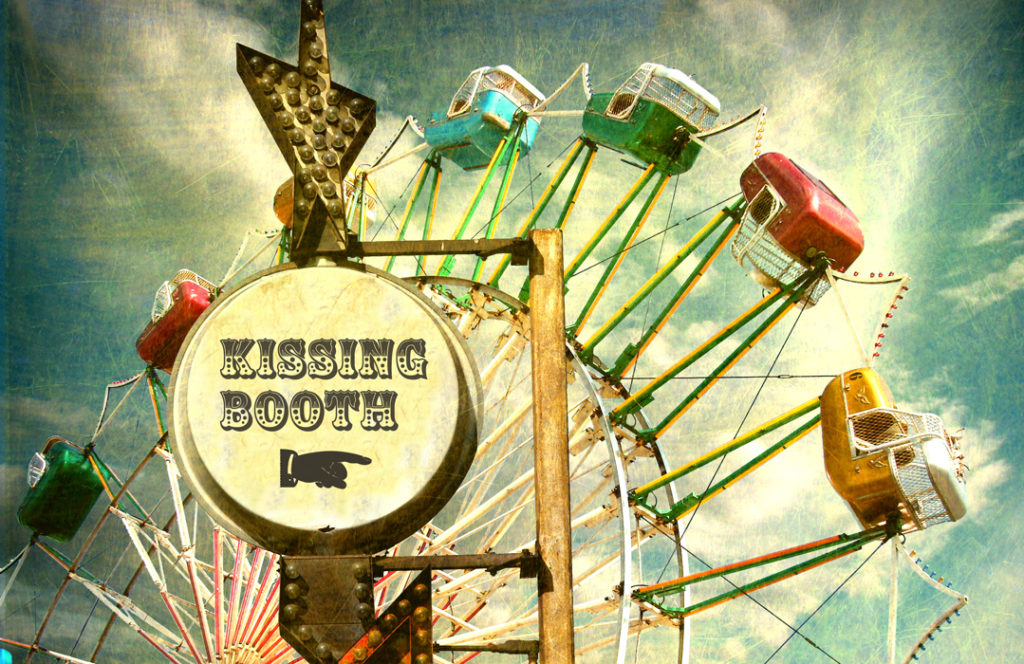The father, Jim, worked at S&M Milling for minimum wages, unloading and loading hundred-pound burlap sacks of grain hauled in by farmers for milling and mixing into animal feed. Jim and his wife had sixteen children, according to rumor. I knew only three, Billy, Freddy and Jean.
Freddy was my classmate and friend. He was gentle and kind, thin and desperately poor. He smiled frequently, and each side of each of his teeth was gapped by a yellow-brown cavity, spoiling what otherwise was a smile like Robert Redford whom Freddy resembled. He laughed often, which even then made me feel guilty for my relative affluence.
It was I think at Christmas week in my sixth grade year, 1950, after my Boy Scout troop had delivered boxes of groceries to the county’s poorest families, including the Callimores, that I engaged my father in a conversation about Freddy and his family. I remember discussing the fact Freddy’s feet smelled bad in class and being embarrassed for him, and my father saying “That is the smell of poverty, and we know Freddy cannot help it.”
Freddy wore bibbed overalls mostly, washed-out shirts and high-top tennis shoes without socks, none ever new and collected by churches, I assumed.
When the end of the school year neared our teacher announced we would have a class-day trip to Lakeside, an amusement park at Salem, Virginia, thirty miles east of our town. A school bus would transport us. We would need to bring money for lunch and the rides. I knew Freddy would have no money. I asked my father for an advance on my allowance so I could give some money to Freddy. He agreed.
Freddy had planned not to go on our class trip. I cannot recall just how Freddy reacted when I told him I would share my money with him and that I wanted him to come. I recall riding with my father to Freddy’s house on Yellow Sulphur Road to get him on the morning of the big day (school buses were not running because it was not a class day). The house was two-story unpainted clapboard, gray and shudder less with a grassless yard of red clay. I recall Freddy and I had a fun day but not the details.
Billy Callimore was not my friend, but not my enemy, as he was of many, probably because Billy knew of my friendship with Freddy. Near the same age as Freddy, Billy was a fighter, quick to start fights and finishing them as victor, though he was small. He was simply angry, and mean. I do not know how he ended up, but I can still see him at recess on the grammar school’s grassless yard posed like the barefisted boxer he often was.
Jean Callimore’s fate was right out of a Sherwood Anderson novel.
Early each fall a carnival came to our town and occupied the fair grounds on the west edge of town on Route 11. It featured food vendors (cotton candy , hot dogs and sausages, French fries and grilled onions and peppers) rides, games of chance and skill and strength (shooting gallery, knock-down-with-baseballs dolls, ring the bell atop a pole with a mallet), fortune tellers , a freak show tent and of most interest to boys my age, a hootchy-kootchy tent show featuring scantily clad females promising according to their huckster selling admission tickets out front to “take it all off.”
The carnival, traveling in a caravan of trucks and vehicles pulling camping trailers, set up on Sunday and opened on Monday. According to gossip, on Monday night the females of the hootchy-kootchy show did take it all off, very briefly, then scampered off stage. This inevitably led to complaints to the sheriff who agreed to investigate and threatened arrests for indecent exposure. As the week progressed word spread that the routine inside the tent was to offer a second “dance” for an additional $5 per viewer in which complete nudity of dancers was assured. Meanwhile boys my age were using pocket knives to punch peep-holes in the back of the tent.
Saturday night promised crescendo to the dancing show. The extra $5 became an extra $10, extracted by the huckster in two installments. There were three shows, each with larger attendance. At the end of the last show the sheriff and his deputies swooped in and arrested the dancers. They were hauled off to jail where a bondsman waited to cover their small bail bonds, forfeited by pre-arrangement as punishment for their crimes, thus allowing the sheriff to save face with voters and the carnival to move on to its next venue.
But the real lasting story of that year’s carnival was that Jean Callimore, perhaps age fifteen or sixteen at the oldest, ran away with the carnival, in what capacity no one knew, likely as a cook and certainly not as a dancer. We all wished her well. Becoming a carney was a step up for poor Jean .
Author’s note: Callimore was not the real name of Billy, Freddy and Jean .
